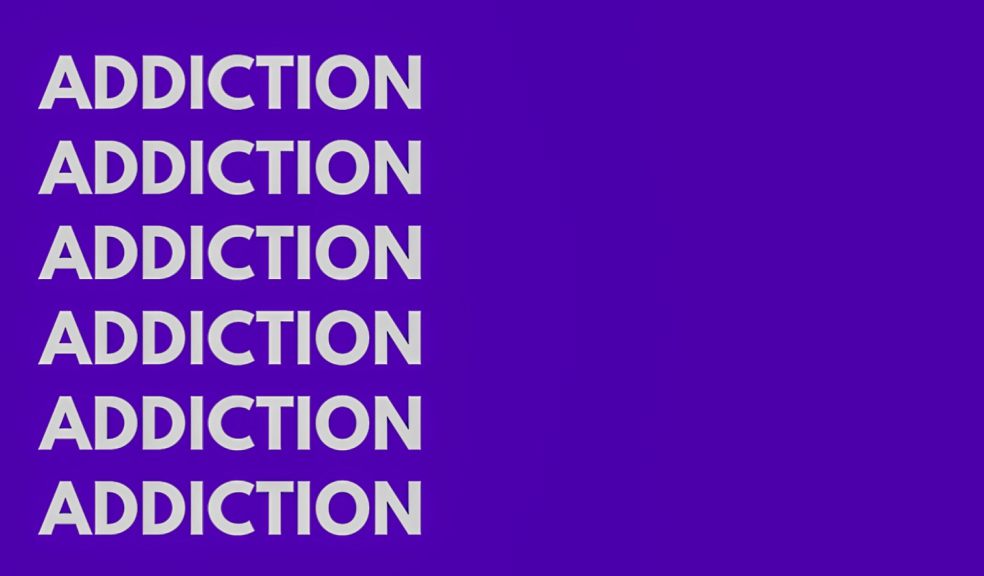
Cocaine Addiction Treatment Program: Your Path to Recovery
Cocaine addiction is more than just a struggle with substance abuse—it's a battle that affects the mind, body, and soul. The grip of this dangerous drug can lead to devastating physical consequences, including heart attacks, lung damage, and irreversible brain damage. Yet, the most insidious damage often lies in the erosion of self-control, relationships, and emotional well-being.
Breaking free from cocaine dependence requires more than willpower; it demands professional intervention and structured support. With the proper treatment, recovery isn't just possible—it's within reach.
Read on to learn more.
Understanding Cocaine Addiction and the Need for Treatment
As a powerfully habit-forming stimulant, cocaine disrupts the brain's dopamine system, creating overwhelming urges and dangerous impulsivity. Signs of cocaine use include elevated body temperature, dilated pupils, increased heart rate, and abnormal behaviours like extreme weight loss or sleep disturbances. Over time, cocaine abuse can result in financial difficulties, damaged personal relationships, and co-occurring mental health conditions such as anxiety or depression.
A cocaine addiction treatment program provides the tools, therapy, and medical care needed to reclaim a life of sobriety. For patients who have a long history of addiction or are at high risk of relapse, treatment centres offer a safe environment where they can begin their recovery journey with medical and therapeutic support. Whether through a residential treatment program, intensive outpatient programs, or a partial hospitalisation program, the right level of care can help break the cycle of addiction.
Types of Treatment for Cocaine Addiction
Effective recovery from cocaine addiction requires addressing the physical and psychological effects of the disease through evidence-based treatments, such as:
1. Medical Detox and Stabilisation
The first step in most cocaine rehab programs is detox, where medical staff monitor withdrawal symptoms such as fatigue, depression, and intense cravings. A detox program ensures safety while managing blood pressure and other health risks.
2. Inpatient vs. Outpatient Care
The proper treatment setting depends on the severity of addiction, personal responsibilities, and recovery goals. Here are the key differences between these two approaches:
-
-
- Inpatient treatment provides 24/7 medical supervision in a structured, drug-free environment, ideal for severe cocaine dependence or those with unstable home situations.
- Residential programs typically last 30 days up to three months and include intensive therapy, medical support, and life skills training.
- Outpatient rehab offers flexible scheduling, allowing patients to maintain work, school, or family obligations while attending treatment.
- Intensive outpatient programs (IOPS) involve weekly therapy, bridging the gap between inpatient and standard outpatient care.
- Inpatient care removes triggers and temptations, while outpatient treatment helps patients practice sobriety in real-world settings.
- Both options incorporate individual counselling, group therapy, and relapse prevention strategies.
-
The most effective choice depends on individual circumstances, with many patients transitioning from inpatient to outpatient care as they progress in recovery. A thorough assessment by addiction specialists can determine which level of care best supports long-term success.
3. Behavioural Therapies for Long-Term Recovery
Evidence-based behavioural interventions address the psychological roots of substance abuse. These proven approaches help rewire destructive thought patterns while developing healthier coping mechanisms:
-
-
- Cognitive-behavioural therapy (CBT): Helps modify addictive behaviours.
- Dialectical behaviour therapy (DBT): Addresses emotional regulation.
- Contingency management: Reinforces positive behaviour.
- Experiential therapy & art therapy: Encourages emotional expression.
-
When combined with medical treatment, these therapies create a powerful toolkit for maintaining sobriety and rebuilding a fulfilling life beyond addiction.
4. Family and Individual Counselling
Family therapy sessions help repair the family unit, while individual therapy sessions address underlying mental health disorders.
5. Aftercare Planning for Lifelong Recovery
A strong aftercare plan, including 12-step programs like Cocaine Anonymous, ensures continued recovery.
By combining medical support, behavioural therapies, and ongoing aftercare, these treatment options provide a structured path toward lasting sobriety and a renewed quality of life.
Choosing the Right Cocaine Addiction Treatment Facility
When evaluating a cocaine addiction rehab centre, consider these essential factors:
-
- Treatment approaches specifically crafted to match each person's clinical requirements and dependency level
- A holistic approach to managing substance use and concurrent psychological conditions
- A compassionate team of medical professionals with addiction specialisation
- Accreditation and proper licensing to ensure quality care standards
- Evidence-based therapies have been proven effective for cocaine addiction
- Family involvement opportunities through counselling and education
- Comfortable, supportive environment conducive to healing
- Precise aftercare planning for sustained recovery post-treatment
The ideal facility will offer a balance of clinical expertise and personalised support to address all aspects of addiction. Take time to research options, ask questions, and choose a program that aligns with your specific recovery needs and goals.
Conclusion
Overcoming addiction to cocaine requires a comprehensive treatment program that addresses both physical health and mental conditions. With the right cocaine addiction treatment program, patients can achieve long-term sobriety and regain their quality of life.
If you're ready to take the first step, reach out to a cocaine addiction centre today and begin your journey to recovery.

















